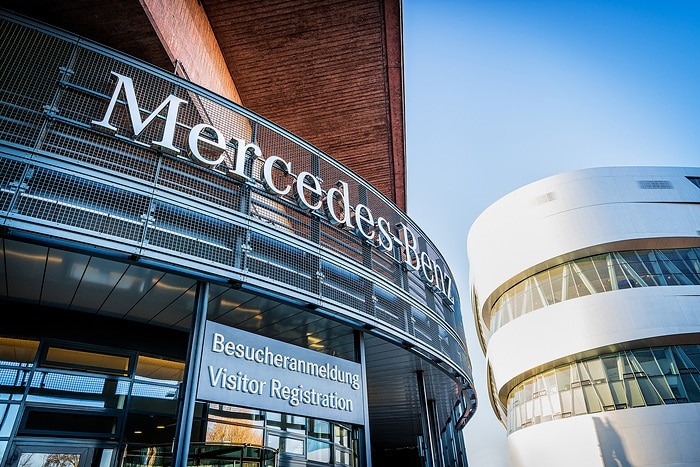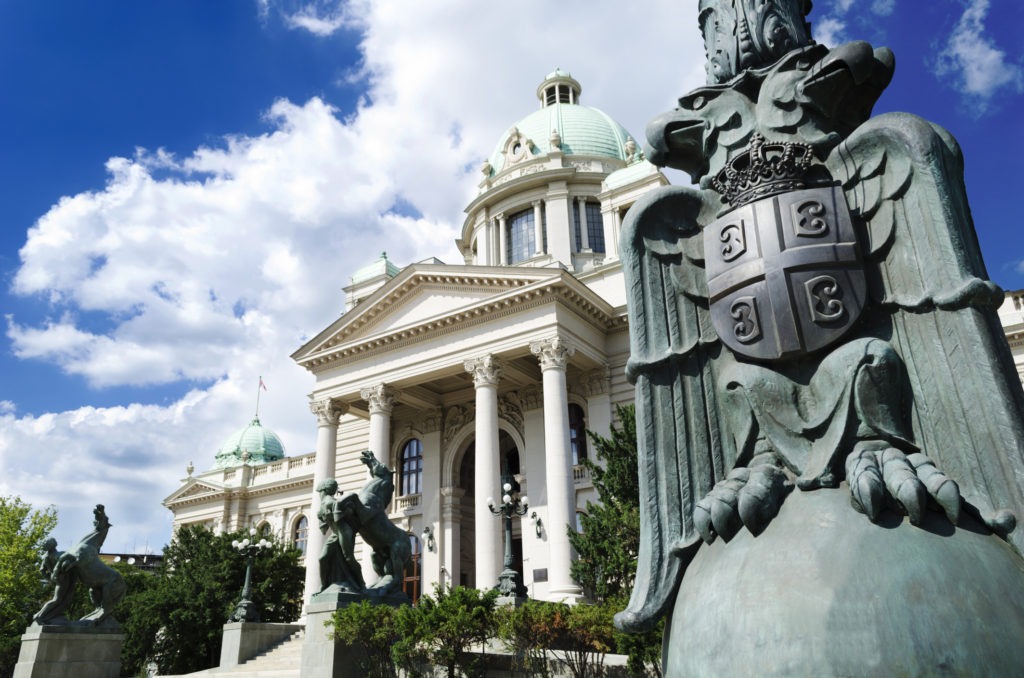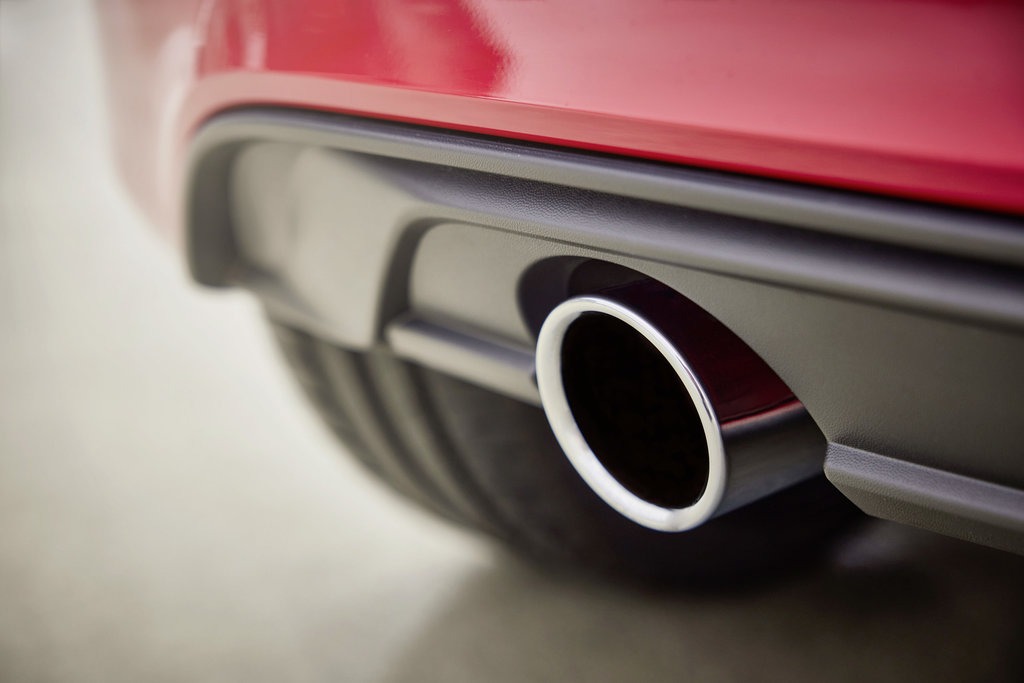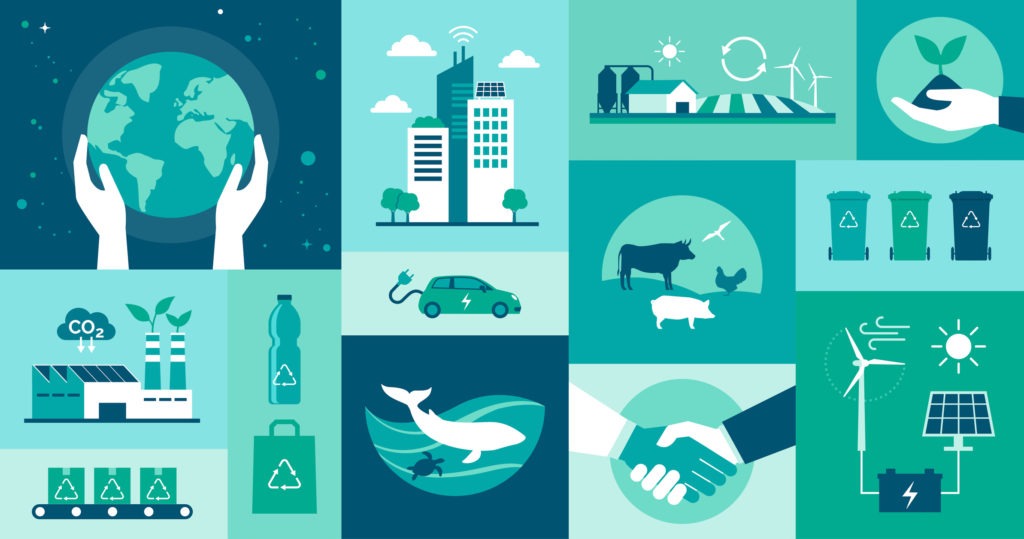BMW sources environmentally-friendly steel to help cut emissions
04 February 2022
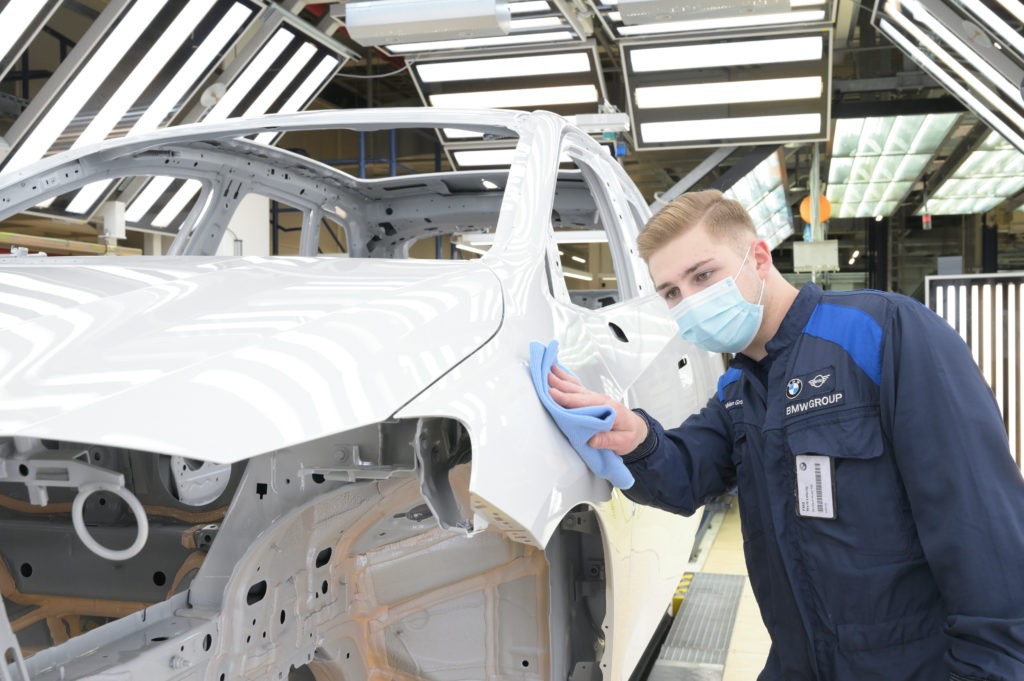
European car manufacturers and steelmakers are interested in developing more environmentally-friendly steel, which is quickly becoming a hot commodity in the sector. BMW has just inked a deal with one of Europe’s largest steel producers, Salzgitter AG, to increase its use of low-carbon steel at its plants across the continent.
‘This is an important step in substantially reducing CO2 emissions at source in the supplier network,’ said Joachim Post, BMW member of the board of management. ‘Our aim is to reduce vehicles’ lifecycle carbon footprint with a holistic approach. With steel, in particular, we are leading the way by sourcing low-carbon steel for our plants in Europe in the future.’
Steelmaking is highly emission-intensive, making it a major contributor to global warming. As automotive brands aim to lower carbon emissions across the supply chains, the race is on to source cleaner steel. While it is still early days for ‘green steel’, other manufacturers such as Volvo and Mercedes-Benz made announcements last year to use lower-carbon steel as part of their move to become climate-neutral businesses.
Circularity approach
Similarly, BMW – eager to drive up its sustainability efforts – is interested in steel produced using natural gas or hydrogen. The deal with Salzgitter will see the company use lower-carbon steel at the carmaker’s European plants from 2026. By the end of the decade, the Munich-based OEM aims to use this type of steel to meet 40% of demand at its European sites, which would cut CO2 emissions by up to 400,000 tonnes per year.
‘Salzgitter AG is putting “circularity” at the centre of its new strategy,’ said Gunnar Groebler, CEO of Salzgitter AG. ‘We firmly believe that closed loops of recoverable materials can only realise their full effect with strong partners. We are delighted about the circular economy cooperation with the BMW Group and the agreement to supply green steel to our long-standing customer.’
Back in October last year, BMW struck a supply deal with Swedish startup H2 Green Steel, which has found prominent investors including Mercedes-Benz, Scania, as well as the chief executive of Spotify. The young startup, founded in 2020, promises to build a large-scale, hydrogen-based company that aims to produce five million tonnes of fossil-free steel annually by 2030. H2 Green Steel will supply BMW from 2025.
Shifting attitudes
Salzgitter wants to massively slash CO2 emissions from steel by using electricity from renewable sources. The production will increasingly rely on green hydrogen, which will replace the coal currently used in its conventional blast-furnace process. The steelmaker has collaborated with BMW in the past as part of a move to close material loops and reuse sheet steel waste. BMW said sheet steel waste from some of its European sites, including Leipzig, is reused directly or sent back to the steel producer so it can be processed into new steel.
While green steel has created a lot of hype, the International Energy Agency expects hydrogen-based steel production to account for just under 15% of primary steel production globally by 2050. The automotive and steel industries might increasingly invest in low-carbon steel, but it will take time for a real shift to occur in the sector. A focus on reusing steel can help make the industry cleaner, with BMW saying up to a quarter of steel in its vehicles comes from recycling loops. In the past, the carmaker has also invested in American startup Boston Metal, which aims to decarbonise steel.
